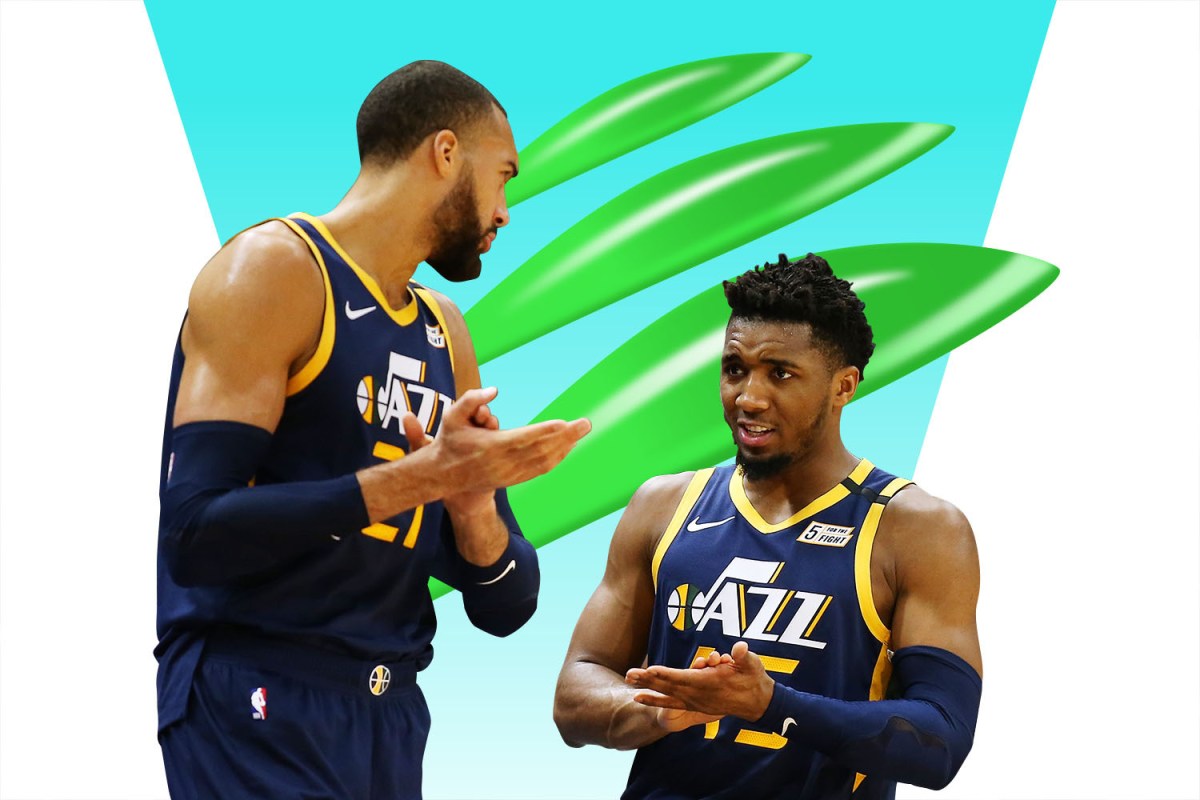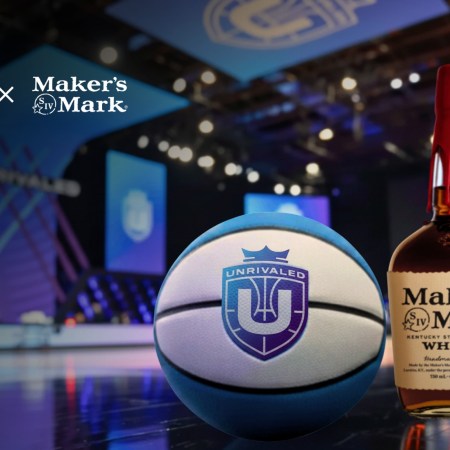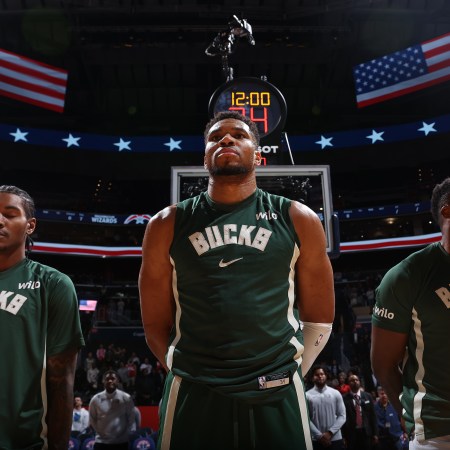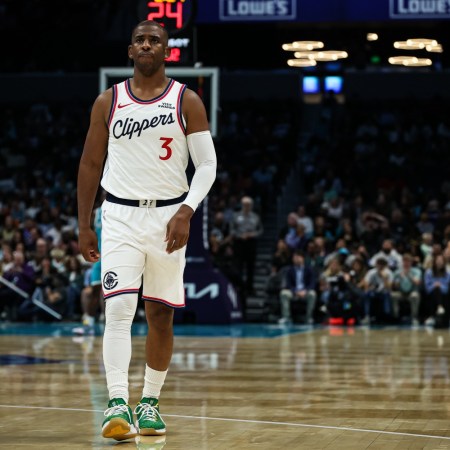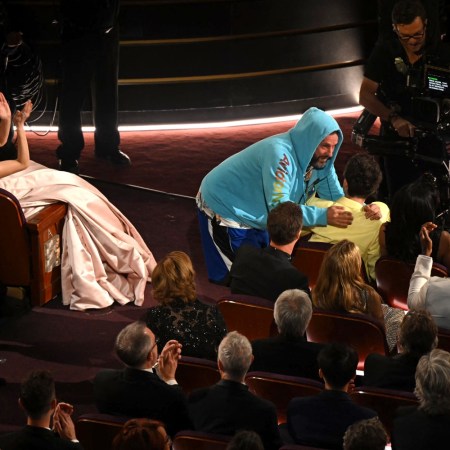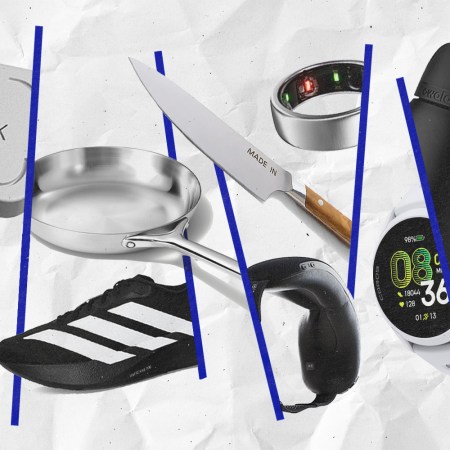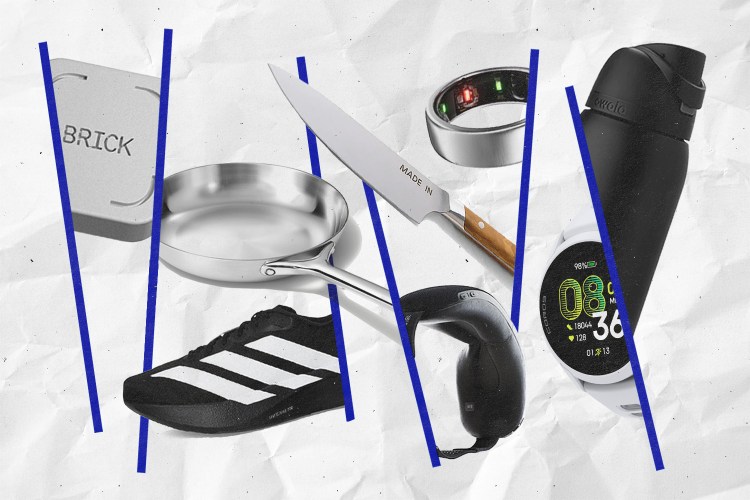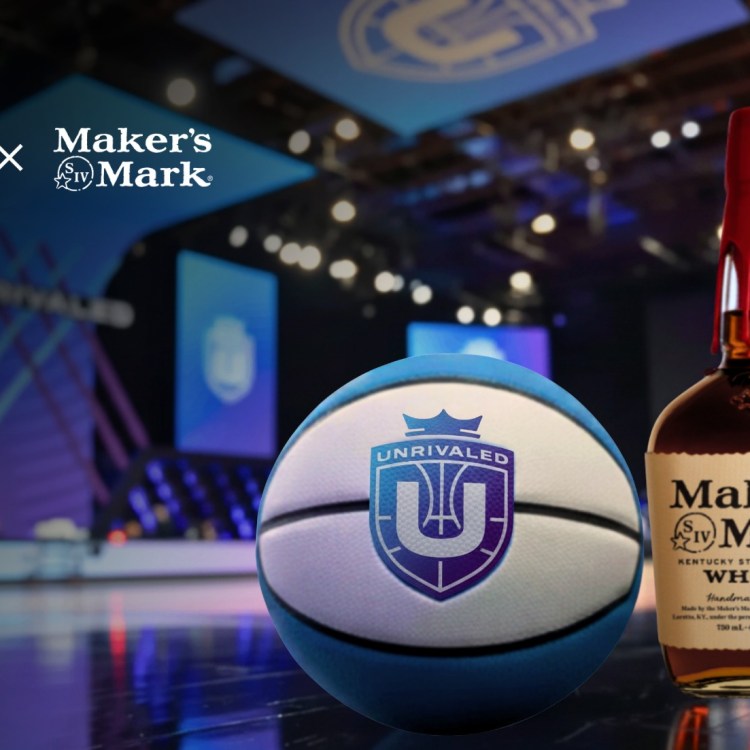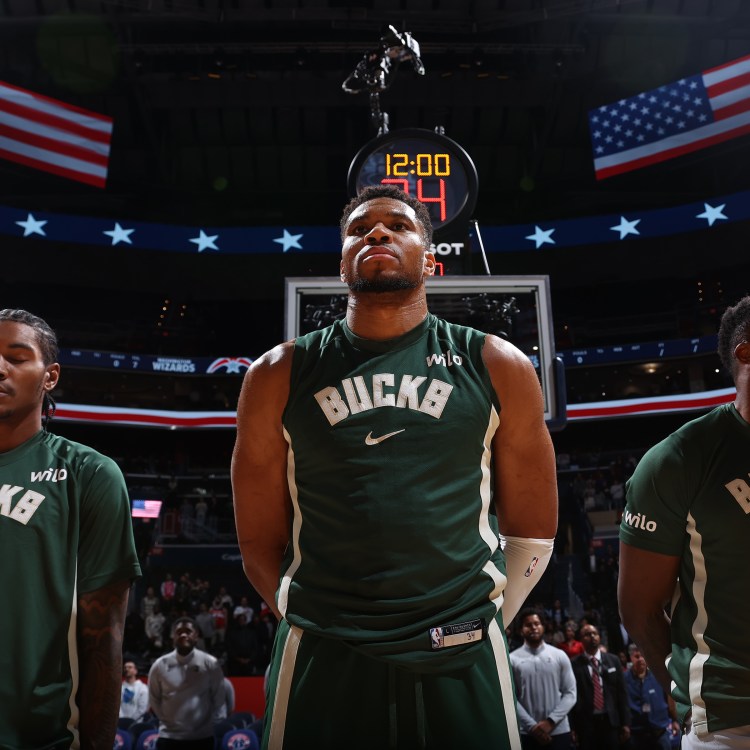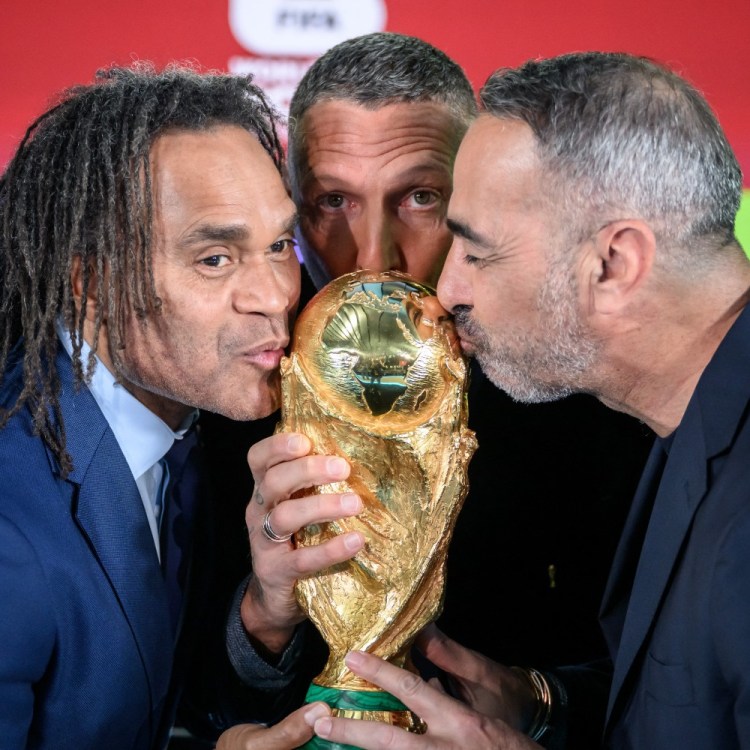Coronavirus — COVID-19 if you’re a nerd, Chinavirus if you’re a racist — has forcibly reorganized society’s most elemental structures: millions have been laid off and millions of others work from home, dressed like Michael Jordan; schools are closed; hospitals are overwhelmed; sex is canceled and so is Vanessa Hudgens. And basketball’s Utah Jazz, currently and indefinitely the fourth seed in the NBA’s Western Conference, are in complete disarray.
One month after Rudy Gobert tested positive for the virus, possibly infected co-star Donovan Mitchell and subsequently suspended all major American sports, The Athletic reported that the union between Gobert and Mitchell “doesn’t appear salvageable”. In relation to a global pandemic, this story is a bauble, a trinket, a hiccup in a jelly jar. In regards to a tea-starved basketball landscape, Mitchell’s alleged me-or-him ultimatum could be a crucial inflection point for a team that’s on the brink of legitimate championship contention.
To be clear: the Jazz, if left to their own devices, would very much prefer to not trade either Mitchell or Gobert, especially since they have ample time to convince the two to reconcile. On the court, their relationship is complementary and symbiotic, the duo working in lockstep to fuel the best Jazz team of the millennium. While Mitchell is a load-bearing offensive dynamo, Gobert is a one-man security detail, allowing the Jazz to maintain an elite defense despite fielding an undersized backcourt for long stretches.
Gobert’s and Mitchell’s styles are photo-negatives of each other, each illuminating the other most fully when held side by side. Gobert posts relatively modest stats for a player of his caliber (15.1 points per game, 13.7 rebounds and 2.0 blocks), but they belie his true ability. More precisely, Gobert is a master of the void — his impact is derived from what he prevents rather than what he creates. Gobert can be conceived of as a bizzaro-Steve Nash: a selfless player with an undeniable, intangible knack for making his teammates better. When Gobert is in the game, the Jazz boast the point differential of a 57-win team, versus that of a 30-win team when he sits. He is the winner of the Defensive Player of the Year award for two years running — with a three-peat pending — and also finishes at the rim with the efficiency of Wilt Chamberlain.
If Gobert prefers subtlety, Mitchell traffics in the obvious. A dunk contest winner with a signature shoe line, Mitchell is all ball-dominance and brio, racking up 24.2 points on above-average efficiency despite a hefty usage rate. On a Jazz team without another true offensive engine, Mitchell’s ability to absorb a large number of possessions is invaluable.
Still, these are hardly perfect players. In fact, for all their virtues, they’re supremely flawed. Playoff series against the Houston Rockets and Golden State Warriors exposed that Gobert’s defense can be neutered when he’s coaxed out of the paint. Near the rim, Gobert is a shot-blocking leviathan; near the three-point line, Gobert flails and spins. And when he takes up those positions on the offensive end, the issues only compound: his every dribble is pregnant with possibilities, most of which are bad.
Similarly, Mitchell has yet to prove that he can translate his gaudy scoring into good basketball results. All-in-one metrics (such as BPM) and on/off stats (such as net rating) alike paint Mitchell as only a slight positive, suggesting that he simply consumes possessions rather than maximizing them. This characterization of Mitchell is probably unfair, but, when paired with his infrequent playmaking instincts, it traces the faint outline of an empty-calorie scorer.
The Jazz, almost certainly, will keep Donovan Mitchell until he is ripped from them by the cruel reality that young millionaires expect a different quality of life than Mitt Romney. Mitchell is only 23, just made his first all-star appearance in February (remember February?) and will probably remain under team control until 2026. Keeping him happy and disinfecting the locker room should be self-explanatory, even if it means sacrificing a fellow All-Star and temporarily backsliding out of the playoffs after three consecutive 50-win seasons.
And yet, behind the charisma and highlights and passion for syntactical accuracy, how good is Mitchell, really? At his theoretical apex, he’s the kind of player who defenses can’t solve, able to dominate through both tact and sheer breadth of talent. Right now, though, he’s just a talented scorer who presents a latent opportunity cost every time he looks off open teammates to launch semi-contested mid-rangers over rotating defenses. If Mitchell can tone down his more indulgent impulses and mature as a passer, he’s a foundational piece for the Jazz. If he doesn’t, is it truly worth shipping out Gobert and dismantling a kinda-contender to appease Creatine-inflated Monta Ellis?
By committing to Gobert, who’s eligible for the monstrous super-max extension, the Jazz would opt for continuity and near-certain good-enough-itude over the promise of promise. He is their lodestar — so spooky on defense that he baits opponents into the league’s lowest expected effective field-goal percentage per productive shot, and so sturdy on offense that his seven screen assists per game create advantages for his teammates within Utah’s intricate lattice of ball and player movement. Gobert, at 27, is still firmly within his prime and matches the timeline of a roster that’s ready to grab the sixth seed by the horns before they’re felled by a lack of offensive pop or spontaneity. And that’s fine! Championship-or-bust gambits are appealing — until they go bust. There’s no need to lunge at glory when making the playoffs is an achievement for a team without the financial might of their rivals; Mount Everest is pocked with iced-over hope, but you won’t contract hypothermia while watching The Mentalist.
Not insignificantly, Mitchell’s production is more replaceable than Gobert’s; it’s easier to find ways to redistribute 24 reasonably efficient points per game than it is to find the best defensive player in basketball. On the roster already, Jordan Clarkson is a Fashion Nova version of Mitchell, and long-underrated veteran Mike Conley finally began to display what made him such a coveted addition from Memphis in the last 13 games before the season abruptly ended. Mitchell, on account of being younger and more potential-laden, will also fetch a bigger return for Utah than Gobert would; NBA executives already speculate that discussions for Mitchell will start at multiple promising young players and first-round draft picks.
In this light, Gobert and Mitchell are more than embattled teammates, they’re totems for the most basic argument about on-court value. To be sure, this is bigger than the rote big-vs.-guard debate that’s largely been settled. Instead, it focuses on whether guaranteed competence trumps potential greatness — the Jazz must decide if a Charlie Parker in the hand is worth two in the bush.
The Charge will help you move better, think clearer and stay in the game longer. Subscribe to our wellness newsletter today.
